13 Signs Stock Market Experts Look For In Order to Predict a Crash

For years, experts have said the American economy is due for a recession and a stock market correction, but both keep chugging along despite headwinds like high interest rates and less-than-ideal levels of inflation. This month, the market registered its best week of 2023 despite the release of what Investor’s Business Daily called “generally weak economic data.” So, is a comedown likely anytime soon, and how can you tell? As experts say, past performance is no guarantee of future performance, but history shows certain developments tend to herald what’s euphemistically called a market correction. These are 13 warning signs of a stock market crash, according to experts, and how you should react if the sky seems to be falling.
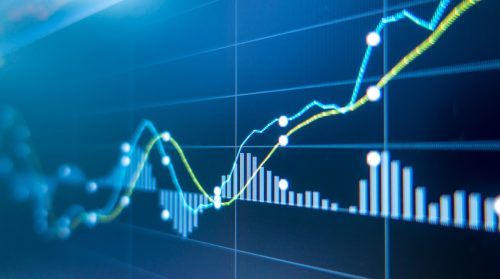
“When stock prices soar beyond their intrinsic value, it’s often a precursor to a market correction,” says financial expert Michael Ryan. “Sky-high price-to-earnings ratios are often a red flag.” When investors realize that stocks are overpriced, a market crash can follow. “If the stock market has been experiencing a prolonged period of gains without a corresponding improvement in corporate earnings, it could be an indication that a correction is on the horizon,” says Adam Garcia, CEO of The Stock Dork.
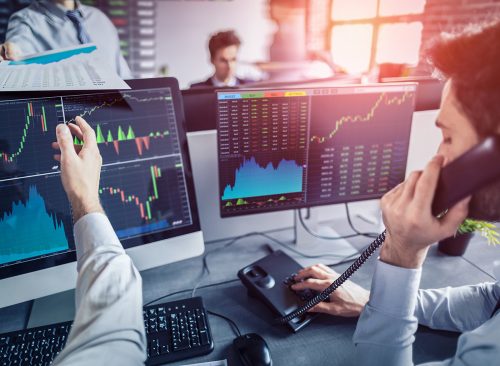
When the “yield curve” goes upside down, it can portend a stock market crash. “Normally, longer-term interest rates are higher than shorter-term rates because they carry more risk,” explains Frank Barber, a business development and finance expert at Learn About Gold in California. “But when an inverted yield curve happens, it means investors are accepting lower returns on longer-term investments. It is often because they expect future returns to drop. This can lead to people moving their money into safer assets like U.S. Treasury bonds, which can be bad for stocks.”
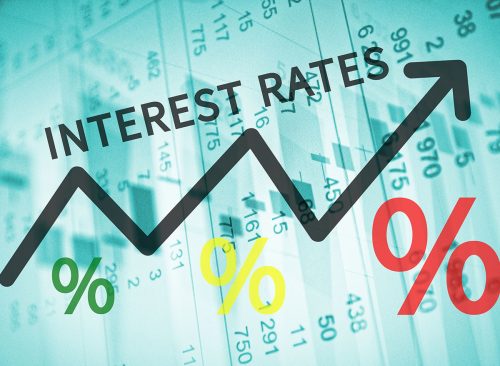
“A series of these can strain businesses and consumers alike, leading to economic slowdowns,” says Ryan.
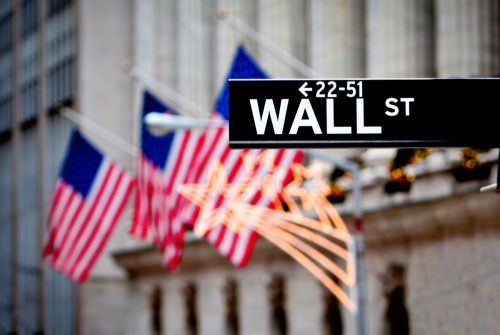
“Black swan events are those sporadic and unexpected things that can mess up the financial world and make the stock market go crazy, like the COVID-19 pandemic, the 2008 financial crisis, and the 9/11 terrorist attack,” says Rob Whaley, a finance specialist with Horizon Finance Group.

“When the market’s ‘fear gauge’ is low, it’s often a sign that investors are too comfortable—usually right before a downturn,” says Ryan. “Overconfidence can blind investors to risks, setting the stage for a fall.”

The Chicago Board Exchange Volatility Index (VIX) signals the level of fear or stress in the market; the higher the index, the more unsettled investors are feeling. “Volatility is a great way to confirm a true crash,” says Dan Callahan, CFA, chief investment officer at Capasso Planning Partners. “When fear is rising, different volatility indicators will rise rapidly.”

“Economic indicators, such as GDP growth, employment rates, and inflation, are important to keep an eye on,” says Garcia. “If there is a sudden economic slowdown or contraction, it can trigger a market crash as it affects corporate profits and investor sentiment.”

“This was incredibly evident during the most recent cryptocurrency runup in 2020 and 2021,” says Callahan. “Worthless coins and NFTs would increase by 10 to 20 times in a day or two. This is a classic sign of an unsustainable market.”
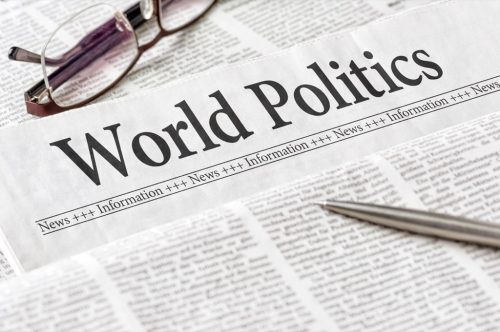
“Political instability, trade disputes, or global conflicts can contribute to market turbulence,” says Garcia. “Sudden geopolitical events can lead to investor panic.”
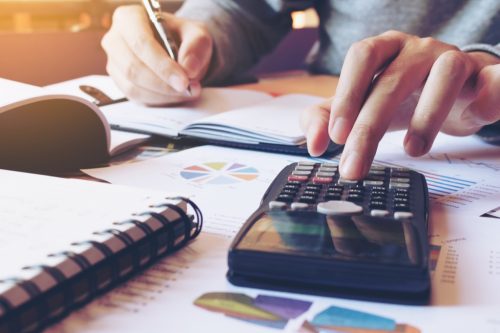
“Be mindful of abnormal trading volumes, especially in panic selling, as it could indicate that investors are fleeing the market,” says Garcia. “This sudden exodus of investors can trigger a severe downturn.”

“Corporate insiders, such as executives and board members, selling their shares en masse can indicate a lack of confidence in their own companies, possibly signaling trouble ahead,” says Ryan.
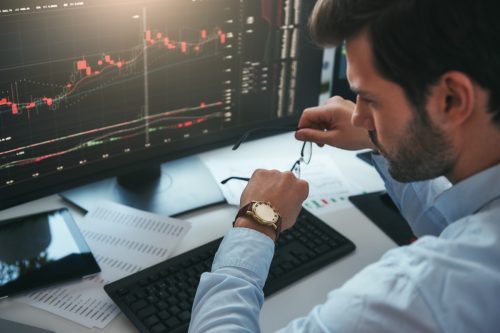
One warning sign of an impending stock market crash is “negative momentum when fewer and fewer stocks participate in rallies,” says Jake Hill, CEO of DebtHammer. “To prepare for a potential stock market crash, it’s important to further diversify your portfolio. Reassessing your portfolio spread and moving funds to more secure/stable assets may lessen the impact of the crash. This is especially important for retirees, many of whom count their investment portfolio as their primary source of income.”

“High levels of margin debt, where investors borrow money to invest in stocks, can make market crashes worse,” says Garcia. “A margin call cascade can result in forced selling and amplify the market’s downward trajectory.”

“I’m not sure about a full-on crash, but we are due for a sell-off,” says Scott Bauer, a former Goldman Sachs executive and CEO of Prosper Trading Academy. “Credit card defaults and car loan defaults are at all-time highs right now. Bond prices have been getting crushed. And here’s a big one: all the cheap money out there and savings are gone. People are getting stretched very, very thin. It won’t take much to totally change how this market looks.”
RELATED: 11 Easy Things You Can Do to Slow Down Aging
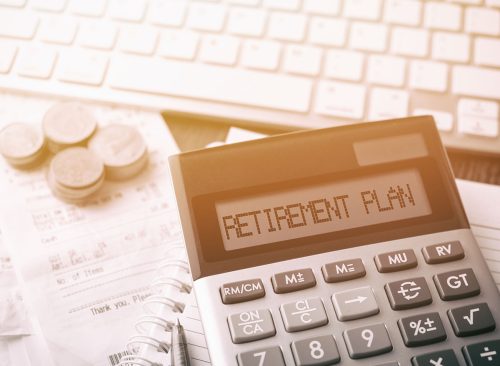
“Whatever your age, if there are signs that a stock market crash is coming, it’s time to move your retirement assets to reduce risk levels,” says Ann Martin, director of operations for CreditDonkey. “Stocks, real estate, and mutual funds, in that order, tend to be the most volatile assets during market crashes. While you probably can’t entirely divest yourself of these assets, you should move some of your highest-risk assets to safe harbors like savings bonds or CDs, at least until the worst is over. As soon as the crash is done and the recovery starts, it’s time to start buying while assets are low.”